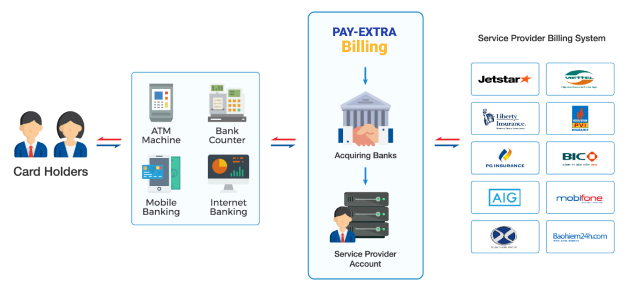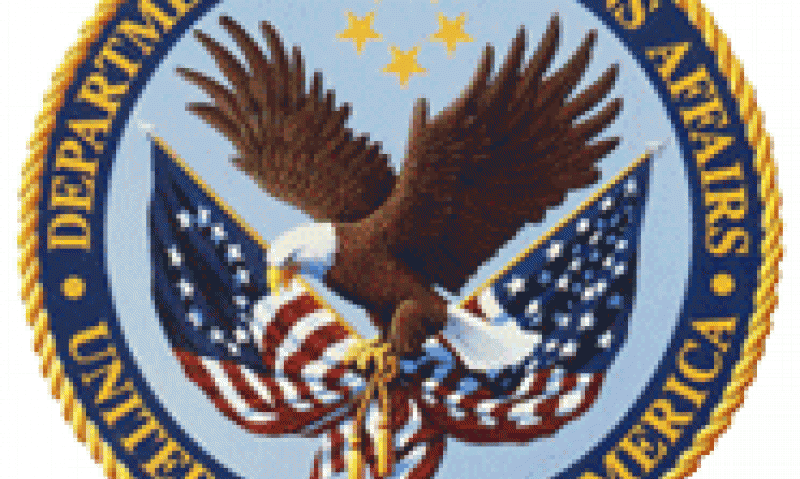Va Copay Billing
Due to COVID-19 the VA has been unable to mail bills to Veterans for copays, and a consolidated bill will be mailed in the future. However, Veterans can still check balances and make payments using one of three options: 1. Call 1-888-827-4817. In January 2021, VA will resume sending the statements and Veterans will receive a notice that includes new copay charges for any care or prescriptions from April 6 through Dec. 31, 2020, and any unpaid copays from before April 2020.
Due to COVID-19, VA is suspending collection actions and extending the terms of current repayment agreements until Dec. 31, 2020.
VA stopped sending monthly billing statements for medical care debt April 6. This change was in compliance with the president’s April 2 announcement. In addition, all actions on debts owed to VA in the form of copayments under the jurisdiction of the U.S. Department of Treasury, have been temporarily suspended.
VA will take no action on debt collection
For Veterans or family members with VA debt for medical care already referred for collection to the Department of Treasury, VA will not take action through Dec. 31, 2020. Veterans will not have garnishment of federal or state payments to pay medical care debt.
Veterans or family members who are able to or prefer to continue making payments on their accounts can pay by telephone by calling 888-827-4817, online at www.pay.gov, or at the agent cashier’s office at a local VA medical center. Contact the medical center to confirm the hours of the agent cashier’s office as they may be limited during this period.
Resources for Veterans
For more information, visit the following sites:
Billing & Insurance
Copayment Debts to be Canceled, Refunded
American Recovery Plan will cancel many VA copayments for medical care and prescriptions

If you're a Veteran who receives care through VA, here's what this means for you:
- If you received a patient statement in January 2021 that included copayments for services received on or after April 6, 2020, those charges will be canceled. You should not pay them.
- If you already paid your copayments for services received on or after April 6, 2020, you will receive a refund.
- If you have unpaid copayments for services received prior to April 6, 2020, your payment is not required or expected to be paid until October 2021. VA will not pursue collection action on charges during this time. Any Veterans who prefers to continue making payments on their balances for services prior to April 6, 2020 may do so. Find out how to pay your VA copay bill.
Veterans receiving a refund do not need to do anything at this time. We ask for your patience as we work to cancel copayments and process refunds.
Billing Inquiries
To speak with someone about billing inquiries, please contact our Billing Office at (970) 263-2800 ext. 2083.
Private Health Insurance
VA is required by law to bill private health insurance carriers for medical care, supplies and prescriptions provided for treatment of Veterans' nonservice-connected conditions. Private health insurance coverage through a Veteran or Veteran's spouse is insurance provided by an employer, Veteran or other non-federal source, including Medicare supplemental plans. Generally, VA does not bill Medicare or Medicaid for reimbursement; however, VA does bill other types of health insurance including Medicare Supplemental plans for covered services.
Note: A Veteran’s insurance coverage or lack of insurance coverage does not determine their eligibility for treatment at a VA health care facility.
Veterans applying for and using VA medical care must provide their health insurance information, including coverage provided under policies of their spouses. Veterans are not responsible for the remaining balance shown as patient responsibility on the explanation of benefits from their insurance carrier. However, Veterans may be responsible for a VA copayment depending on their assigned Priority Group.
Importance of Providing Health Insurance Information
- Veterans are not responsible for any unpaid balance that the insurance carrier does not pay, except for VA copayments they may be required to pay, depending on their assigned Priority Group.
- Payments received from a Veteran’s private health insurance carrier are credited towards any applicable VA copayments, reducing all or part of the Veterans out-of-pocket expenses.
- Many private health insurance companies will apply VA health care charges towards satisfying a Veteran's annual deductible and maximum out of pocket expnse.
- Money collected by VA from private health insurance carriers is returned back to the VA medical center providing the care. The funds are used to provide the best care possible to our Veterans.
Cancelling Private Health Insurance
Veterans who have private health insurance should consider a number of important factors before canceling their health insurance, such as:

- Impacts to Family Members. VA does not normally provide care for family members of Veterans enrolled in VA health care. If you cancel your private health insurance, they may have no health care coverage.
- Disenrollment in VA health care. There is no guarantee that in subsequent years Congress will appropriate sufficient funds for VA to provide care for all enrollment Priority Groups. This could happen if you are enrolled in one of the lower Priority Groups. This would leave a Veteran with no health care coverage.
- Medicare Parts A and B. VA does not require a Veteran to have Medicare Part A or B to be enrolled in VA health care. However, Veterans should always consider their current and future health care needs before changing any insurance coverage.
If you cancel your Medicare Part B Coverage, you need to know that you cannot be reinstated until January of the following year, and you may be penalized for reinstatement.

Va Copayment 2021
In most cases, if you don't sign up for Part B when you are first eligible, you'll have to pay a late enrollment penalty. You will have to pay this penalty for as long as you have Part B. Your monthly premium for Part B may go up 10% for each full 12-month period that you could have had Part B, but didn't sign up for it. Also, you may have to wait until the General Enrollment Period (from January 1 to March 31) to enroll in Part B. Coverage will start July 1 of that year.
Does The Va Charge A Copay
For these reasons, VA strongly encourages Veterans to consider important factors, risks and benefits before making any changes to their private health insurance.
